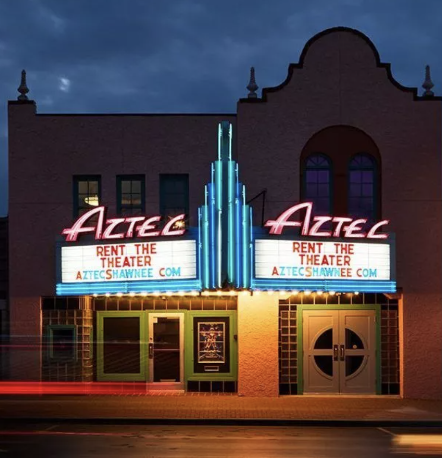
Good fortune found me working across the street from a movie theater recently, and as the smell of popcorn filled the air at 9:30 a.m., I thought, “Weekday matinee!”
Gradually, though, I realized, this was no regular Thursday morning matinee. It was an exclusive showing of Super Mario Bros. for students of a school for special needs children.
Four or five people arrived first, including a little girl in a wheelchair, squealing with joy. Beside her walked a boy with the flatter face and upturned eyes of Down syndrome. Another group arrived, and another, then another. Every group included a child using some kind of assistance: tiny wheelchairs, reclining wheelchairs, sticker-covered wheelchairs, crutches with arm braces, a walker. More children with Down syndrome arrived, too.
How did I know it was a special screening just for them? The doors to the theater stayed locked. Each group knocked on the door, then waited for an usher to let them in.
The exclusivity of the screening revealed itself through repetition.
Writers hear often on our early drafts, “This is repetitive.” But repetition isn’t always something to avoid. It can be a tool we use to reveal truths buried beneath the surface of our work.
You can call back again and again to objects that hold special meaning; you can return again and again to a setting, or repeat a distinct phrase or sentence.
You can use anaphora — repeating a word at the beginning of each sentence or paragraph, or, as Gotham’s Elane Johnson does in her essay “Aftermath,” each phrase. (Click here to read an excerpt.)
You can use epistrophe, repeating something at the end of each sentence, as John Steinbeck did when Tom Joad says goodbye to his mother in The Grapes of Wrath. (Click here to read it.)
Skillful repetition creates a strong emotion around what’s repeated. Think of Martin Luther King Jr. in his famous “I Have a Dream Speech,” using anaphora to create a sense of urgency for justice. (Click here to read an excerpt.)
Or Carmen Maria Machado in her memoir In the Dream House, reiterating “You wake up, and the air is milky and bright,” until it curdles. (Click here to read excerpts.)
The trick is in the timing — the distance between what you repeat, and the rhythm in the way you do it. I’d love to give you a formula, but, as with most things in writing, you’ve just got to experiment. Read your work out loud, and when your repetition makes you flinch, or you long to skip over it, you know it’s not working.
How you break your pattern of repetition is important, too. Look at how King and Johnson and Steinbeck do it.
Which brings me back to the matinee — what broke the repetition is also what revealed that the moviegoers were students enjoying a morning off: A bright yellow bus, arriving after the movie, whisking everyone off to school.

Kelly Caldwell
Dean of Faculty





